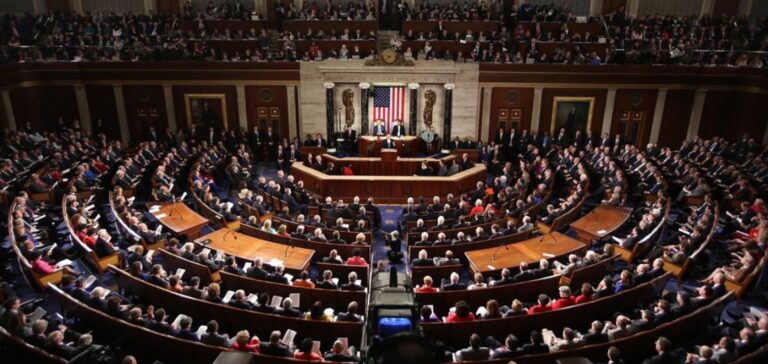During their “Energy Week”, Republicans introduced measures favoring oil and gas development in the U.S., including revoking the Environmental Protection Agency’s (EPA) Greenhouse Gas Reduction Fund and eliminating fees on methane emissions. Although these initiatives are unlikely to be adopted by the Democratic Senate, they reveal Republican legislative ambitions should they win the election.
Potential impacts and opposition
The proposed laws are designed to facilitate the construction of oil and gas infrastructure and stimulate private investment in traditional energies. Critics point out that, despite these efforts, domestic energy production has reached record levels under the current administration. Democrats condemn these measures as attempts to dismantle pollution prevention programs and give additional benefits to the fossil fuel sector.
Controversy over environmental legislation
One of the controversial measures includes the simplification of permits for aquatic crossings of linear infrastructures, a critical point for pipeline developers. Democrats argue that this legislation would weaken the Clean Water Act and the EPA’s ability to enforce pollution laws, while Republicans insist on the need for reforms to ensure national energy security.
Debate on energy transition
Republican initiatives reflect a resistance to rapid evolution towards zero-emission technologies, favoring a more gradual, fossil fuel-friendly approach. These positions clash with those of democrats and some sections of civil society, who advocate greater investment in clean, renewable energies.
Reactions and future prospects
Energy Week exacerbated the political divide over US energy policy, highlighting the differences in approach between Republicans and Democrats. While Republicans stress the need to maintain energy independence and reduce costs for consumers, Democrats criticize these efforts as unconditional support for fossil fuels at the expense of the environment and progress towards carbon neutrality.
Republican “Energy Week” highlights a clear strategy to support traditional U.S. energy industries, defining an ideological battleground over the future direction of national energy policy and the transition to cleaner energy sources.





















